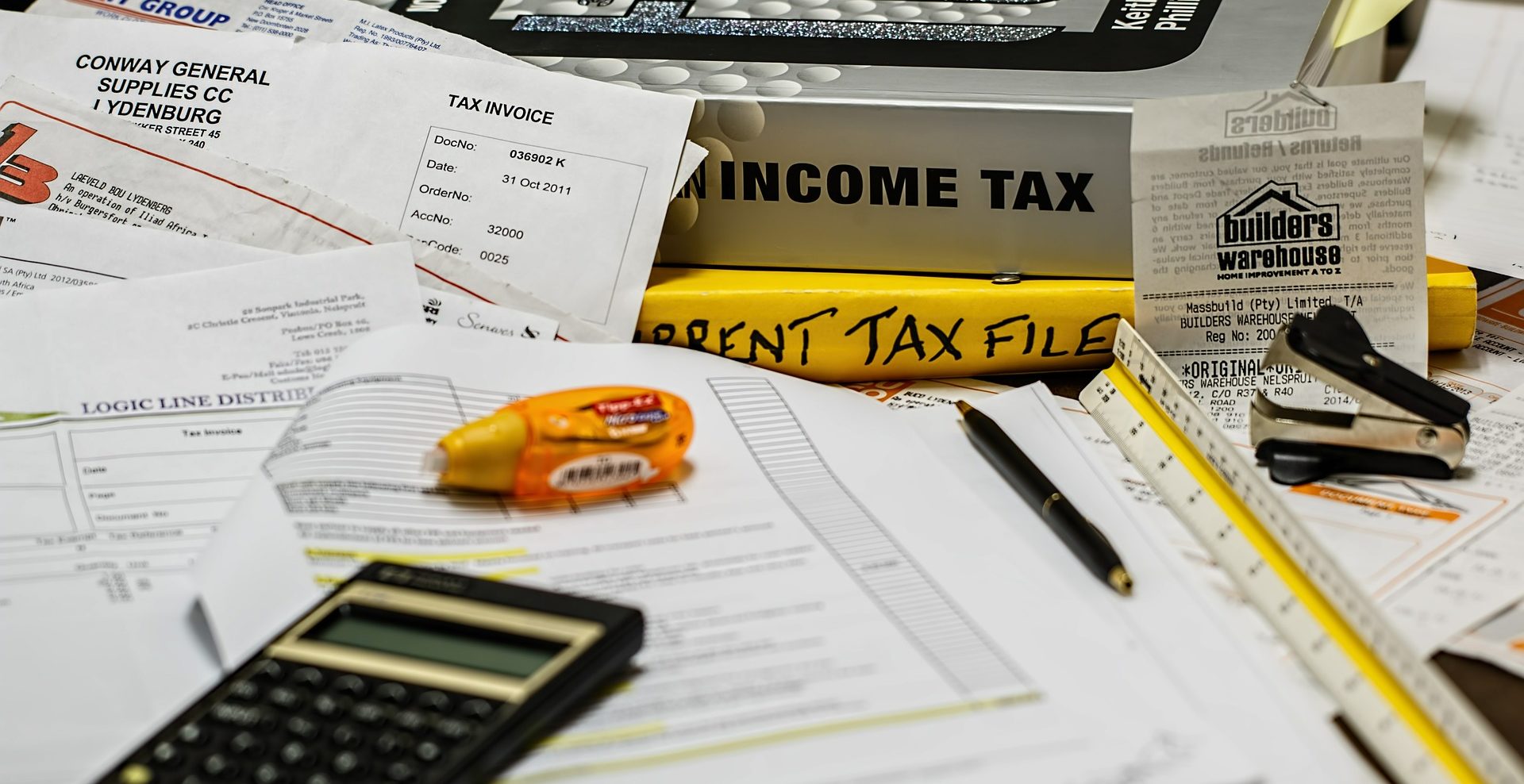Alaska Policy Forum is proud to have partnered with economic experts at The Buckeye Institute and its Economic Research Center to release our latest policy paper: a study of Alaska’s budget, economy and the impact of proposed taxes.
Alaska faces a budget crisis and recently has had to use its Permanent Fund earnings and Constitutional Budget Reserve Fund (CBR) to cover revenue deficits. Largely dependent on tax revenues from the volatile oil sector, federal funding, and investment returns, the state failed to collect enough revenue to fund current spending and has resorted to drawing money from its “rainy day” fund, the CBR, and then proceeded to reduce the Permanent Fund Dividend (PFD) that it pays to Alaskan residents. Due to years of undisciplined overspending, the state currently faces a projected $1.6 billion budget gap and burning through the CBR is not a sustainable strategy going forward.
Hard choices now confront Alaska policymakers, but the prudent course will be to pursue policies that promote broad economic growth, and reduce or eliminate unnecessary government spending. Alaska must continue to resist the temptation to introduce or raise growth-killing taxes that stymie private investment and hinder job creation. The state must find responsible ways to generate revenue and cut spending without undermining future economic growth or harming residents.
Economists and policy analysts at The Buckeye Institute’s Economic Research Center (ERC) and the Alaska Policy Forum reviewed Alaska’s budget and economy to highlight the state’s urgent need for spending reform. The ERC also analyzed the economic impact of four potential tax proposals and found that all four plans stunted Alaska’s economic growth, created fewer jobs, and failed to generate enough revenue to cover current overspending. These findings are consistent with other empirical economic research that consistently demonstrates the harmful economic effects of taxation, and confirms that the private sector—not government spending—drives economic growth and prosperity.
Alaska must take a responsible approach to taxing and spending. Drawing down financial reserves to cover today’s budget deficits is not a sustainable option and only ensures a more precarious tomorrow. Instead, policymakers should adopt pro-growth strategies and reduce state spending to better prepare for the next economic downturn.
Download the full report below.
 Loading…
Loading…
